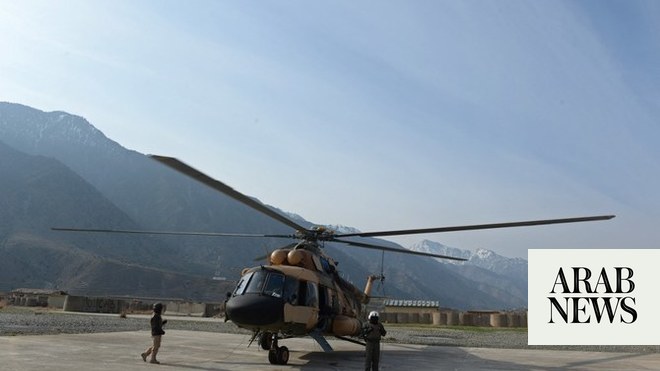
The Trump administration is expected to soon announce how many refugees it may admit next year through the US refugee resettlement program. A Sept. 6 New York Times report said that US officials were considering options that might effectively end the resettlement program, with scenarios ranging from cutting admissions back to 10,000 to 15,000 people or even zero. A Sept. 20 NBC news report said that the US Defense Department is the primary actor pushing back against the cuts.
The proposed cuts follow previous reductions in the numbers of refugees allowed to enter the US under the Trump administration. Since the modern resettlement program began in 1980, the annual average cap for refugee admissions has been around 95,000 per fiscal year. The Trump White House has reduced the cap to historic lows, at 45,000 for 2018 (though far fewer were actually admitted) and 30,000 for 2019.
These cuts are already eroding the support network developed over years to help integrate refugees arriving in the US. Nearly a third of resettlement offices have closed or suspended some of their operations since 2016, according to a recent report by Refugee Council USA. Nine nongovernment agencies cooperate with the State Department and do the vast majority of the work of resettling and supporting incoming refugees; an erosion of that network would be difficult to rebuild quickly.
The US refugee resettlement program is a formal program with clear vetting procedures. In most cases, the process starts when a refugee registers with the UN High Commissioner for Refugees, which does an initial screening and refers potential candidates to the State Department, which runs the US refugee admissions program. The next stage is an intensive vetting process designed to determine if the refugee or refugee family might pose any sort of security or health threat. This review process takes months or even two years or more, while candidates remain outside of the US. The resettlement program is separate from the controversial and more complicated asylum process that handles people who cross US borders and request asylum.
Americans’ identity has long included the idea that the US is a place of refuge for the world’s persecuted.
Kerry Boyd Anderson
The refugee resettlement program has long served a range of US foreign policy objectives. Extensive evidence clearly demonstrates that large-scale refugee movements can destabilize security environments. Furthermore, the premature return of refugees — especially if it is forced — can fuel renewed conflict. For example, a 2017 World Bank report found that “of the 15 largest episodes of return since 1991, about a third were followed by a new round of fighting within a couple of years,” noting that the cases where this happened tended to occur when refugees returned to fragile environments.
Ever since the end of the Second World War, the US has helped to alleviate the burden of large-scale refugee flows on allies and vulnerable countries by admitting refugees to start new lives. While the numbers are small compared to the more than 26 million refugees in the world, the resettlement program helps ease pressure on states hosting major refugee populations. However, perhaps its more important role is providing the US with moral authority. It is far more effective for Washington to ask other countries, notably in Europe, to help resettle refugees when Americans demonstrate their own willingness to do so. It is also more effective for the US to request that states with huge refugee populations — such as Turkey, Pakistan and Lebanon — do not force refugees back into vulnerable situations if it shows it is willing to help those states with aid and by hosting some refugees itself.
From the US perspective, increased instability — especially in certain geographies — threatens US interests and may eventually require a military response. Indeed, multiple retired senior US military officials have pointed this out and publicly called on the Trump administration to increase the number of refugees admitted to the country.
Military officials have defended the refugee resettlement program as a whole and have particularly called on the government to ensure that more Iraqis and Afghans who assisted US operations, as translators and in other roles, and who are now at risk of retaliation are included in refugee resettlement. In a recent op-ed in the Washington Post, two retired senior military officers noted that: “We promised our Iraqi partners support and safety when they were shoulder to shoulder with us fighting a despicable enemy. If today we turn these people away, or reduce the numbers who are allowed entry, it will be extremely difficult to ask others to assist us in the future.”
While the refugee resettlement program clearly serves US foreign policy objectives, many of its defenders rightly highlight the moral imperative to provide a safe home and future for some of the world’s most vulnerable refugees. In particular, Americans’ identity has long included the idea that the US is a place of refuge for the world’s persecuted, giving opportunity to those who are willing to work hard to make a new life.
Further cuts to the refugee resettlement program would destroy American credibility in trying to persuade other countries to address refugee flows and would damage US interests. It would also undermine the idea that the US is a place where people have an opportunity to seek a promising future, regardless of their religion, nationality or traumatic experiences.












